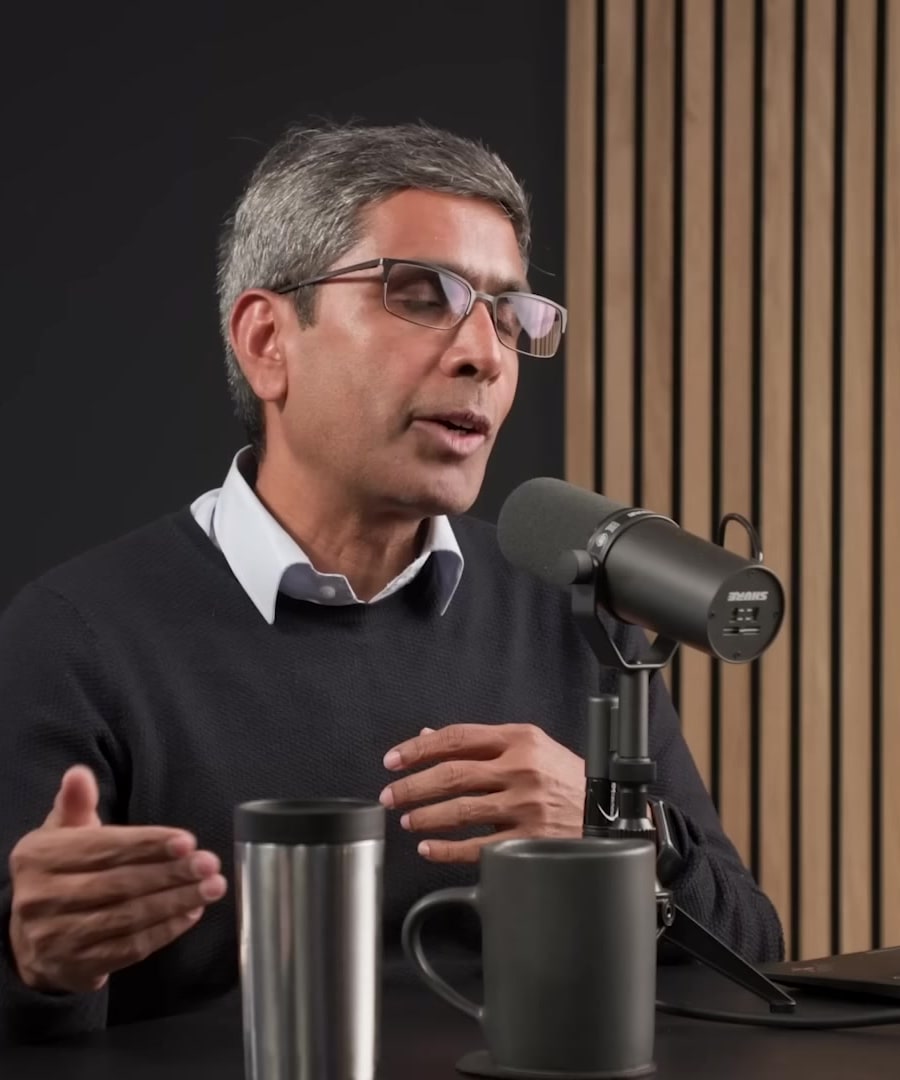When is the best time to eat after a workout and what to eat in order to lose weight?
Sources:
The best time to eat after a workout can vary, but a general guideline suggests consuming high-quality protein soon after exercise. Specifically, women should aim for 35 to 60 grams of protein within 45 minutes post-training, depending on age, to optimize recovery due to metabolic differences. Men, however, may have a longer window of up to three hours for protein intake. Additionally, women are advised to consume about 0.3 grams of carbohydrates per kilogram of body weight within two hours post-exercise to support glycogen replenishment 1.
Regarding the types of food for weight loss, timing and composition can play a crucial role. Consuming carbohydrates post-workout, particularly in the last meal of the day, can be beneficial. It's suggested that eating a balanced mix of nutrients while managing total caloric intake can enhance energy utilization and support weight management. Consuming fat before workouts may enhance fat utilization but might not be ideal for high-intensity activities 2.
RELATED QUESTIONSAny other tips for losing weight?
Sources:
Here are some additional tips for losing weight from the experts on the :
-
Sustainable Restriction: Choose a form of dietary restriction that feels manageable. Whether it's low carb, intermittent fasting, or another method, the key is sustainability. People tend to regain weight if they revert to old habits after dieting, so it's crucial to find an approach that can be maintained long-term without feeling overly restrictive 1.
-
Monitor Your Activity: Tracking daily activities such as step count can be helpful during a fat loss diet. People often unknowingly reduce their physical activity when on a diet. Maintaining a certain level of activity can help manage weight effectively and prevent the decrease in spontaneous activity that can accompany caloric restriction 2.
-
Protein Intake: A high-protein diet can significantly aid weight loss. Studies show that people following a high-protein diet lose more weight and body fat compared to those on a high-carbohydrate diet. Protein helps preserve lean body mass and increases satiety, making it easier to adhere to dietary restrictions 3.
-
Quality Nutrition: Focus on consuming non-processed or minimally processed foods. Eating high-quality protein, such as meat, fish, and eggs, as well as fruits and vegetables, can enhance satiety and support weight management. Limiting highly processed foods can play a key role in achieving and maintaining weight loss 4.
-
Strategic Planning: Approach weight loss with a long-term plan. Break down your goals into smaller, manageable increments, and prioritize muscle maintenance and gradual progress. This can help avoid the risks of injury and make the process of losing weight more sustainable over time 5.
These tips emphasize the importance of finding a personalized and sustainable approach to weight loss, involving balanced nutrition, consistent physical activity, and strategic planning.
RELATED QUESTIONS-
How does meal timing affect weight loss?
Sources:
Meal timing can have a significant impact on weight loss, primarily through the mechanism of time-restricted eating (TRE). Here are some insights from the :
-
Time-Restricted Eating (TRE): Restricting your food intake to a specific time window each day, such as an 8-10 hour feeding window, can aid in weight loss. This method has been shown to produce health benefits like improved insulin sensitivity, decreased blood pressure, and reduced oxidative stress. An eight-hour window is particularly beneficial for weight loss without the need to count calories, as it naturally seems to result in a caloric deficit for many people by reducing the feeding window 1 2.
-
Metabolic Changes: Long-term adherence to time-restricted feeding can lead to metabolic changes that increase the body's propensity to burn fat when in a caloric deficit. This includes increasing hepatic lipase activity, which facilitates fat metabolism, and reducing lipolysis inhibitors, shifting more of the weight loss towards fat rather than muscle or other tissues 3.
-
Glucose and Insulin Response: Eating earlier in the day can result in lower glucose and insulin responses for the same meal compared to eating later. This is due to our body's natural circadian rhythms, which make us more metabolically active during the day. Consuming meals at these times can help optimize glucose absorption and potentially aid in better weight management 4.
These strategies indicate that not only the quantity of food but also the timing of meals can play a crucial role in weight management and metabolic health. It’s essential to find a meal timing routine that aligns with your lifestyle and health goals.
RELATED QUESTIONS-
When is the best time to eat after a workout and what to eat in order to lose weight?
- RELATED QUESTIONS
Any other tips for losing weight?
- RELATED QUESTIONS
How does meal timing affect weight loss?
- RELATED QUESTIONS










